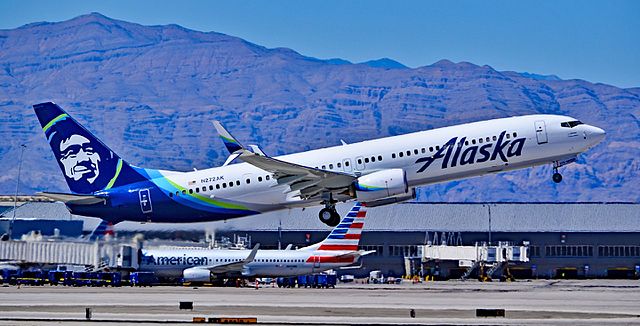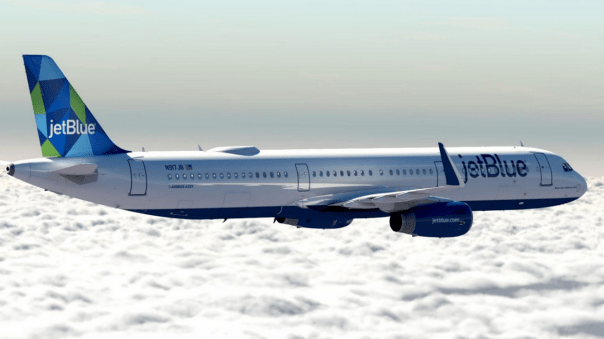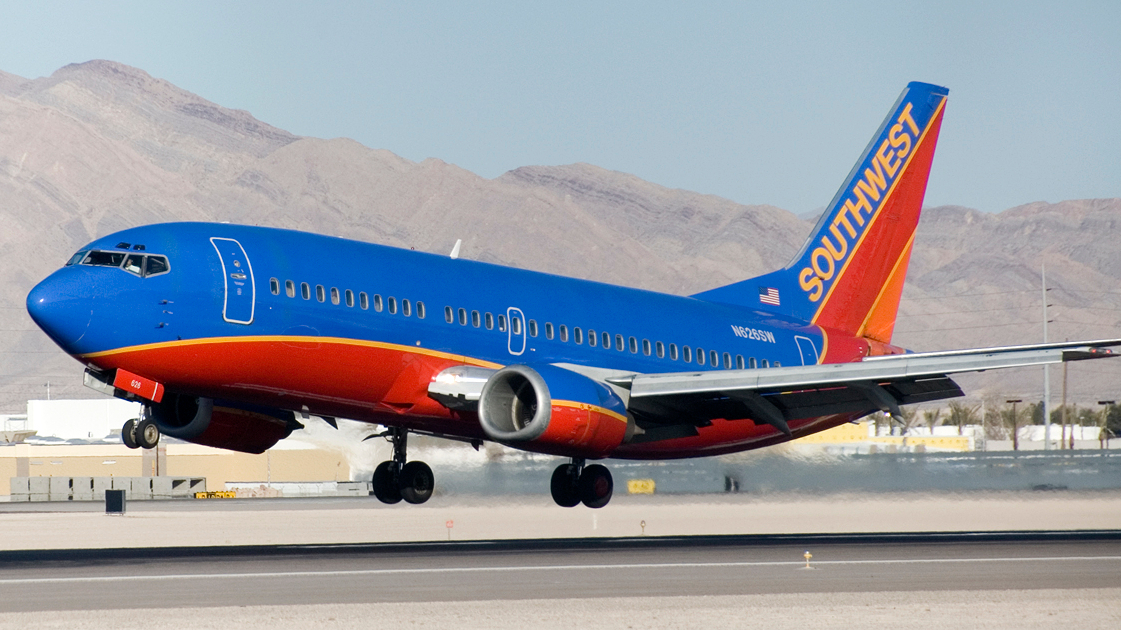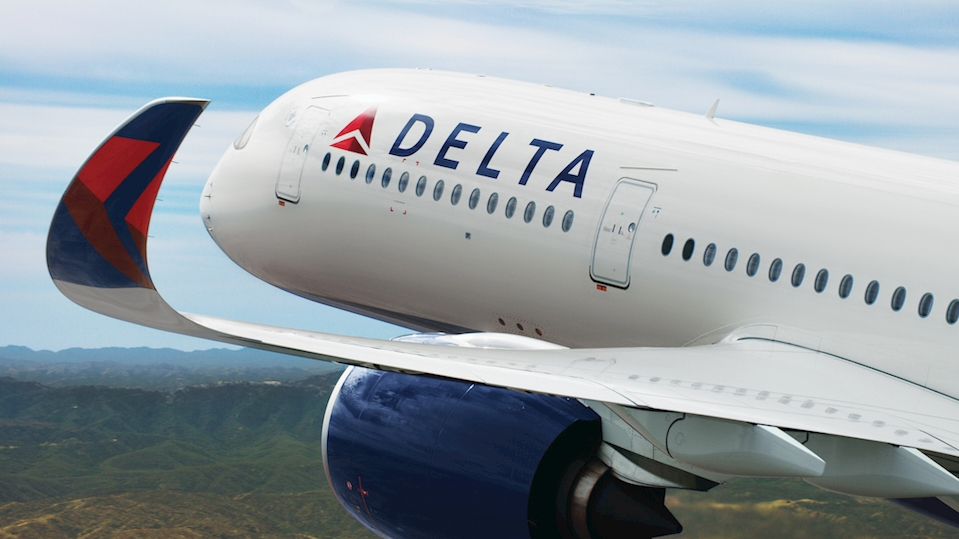At the beginning of the coronavirus pandemic, I wasn’t paying any attention to what airlines were doing to make passengers feel safe about flying. No amount of enhanced cleaning, personal spacing or mask-wearing was going to get me on a plane. Most people felt the same and passenger numbers dropped to levels not seen in decades. There was no worry about being close to other passengers because many planes were flying almost empty.
Over time, airlines have grounded hundreds of planes trying to get the supply more in tune with the demand. This led to fewer flights and eventually fuller planes. While this might have been better for the airline, it didn’t make passengers happy. Having to sit next to a stranger for hours on a plane made many people uncomfortable, even if they were being told the air on planes is constantly in motion and ran through hospital-grade HEPA filters.
One thing that airlines found would comfort the fears of passengers was to say they were going to block the middle seats on flights. This would ensure you’re not sitting right next to a stranger, even if you weren’t six feet apart. In April, every airline made announcements about how they would space passengers by blocking seats. Most notably, Frontier tried to sell this as an upgrade and let people purchase an empty seat, before backing off this policy and just blocked seats automatically.
Sure, it was easy to say you were going to block seats when flights were mostly empty but what about when more people started traveling, either out of necessity or desire?
Spirit and Frontier were the first to book flights to capacity.
United was next, although it can be argued that they never did it in the first place. On April 22, they said they would block middle seats but just a week later they said that only was if the flights weren’t full. On May 12, United changed their policy to contact passengers booked on mostly full flights to see if they wanted to reschedule at no charge.
American Airlines held out the longest, with their blocking middle seat policy lasting until June 30th. American also took the stance that if you didn’t want to fly on a full flight, you could move to a more open flight, if available, at no cost.
So that leaves four other airlines that have said they will continue to limit guests on planes. Here are their current policies, subject to change at any moment.
Alaska

Alaska has never explicitly said they would be blocking all middle seats on its planes. They have said, “we’re limiting the number of guests on our flights and blocking seats.” They leave that open ended due to operational constraints that extra space cannot be guaranteed and if a passenger isn’t satisfied they can speak to a customer service agent about options.
That policy will continue until at least October 30th.
JetBlue

JetBlue has a policy of blocking middle seats for people not traveling together. They also are the only airline that advertises that you can purchase as many seats as you want around you to ensure distancing (and earn points on all of the seats).
JetBlue’s policy on middle seat blocking is currently thru October 15th.
Southwest

Southwest has an opening seating system and passengers have been trying to leave the middle seat open on its flights for decades. All the airline has to do to ensure that happens is to book flights to 2/3 capacity, which is what they are doing. If you’re traveling together, you can sit together but there won’t be any people boarding in group C looking for any available middle seats as they walk towards the back of a full plane.
Southwest has just extended their reduced capacity plan until November 30th to give passengers looking to book travel over Thanksgiving weekend peace of mind about how full the planes will be.
Delta

Airbus 350
Delta Airlines has always taken the view that flying during the coronavirus pandemic can be a way to differentiate themselves from the other competitors. Delta’s CEO said so on an investor call earlier this year.
Bastian said on a quarterly investor call that fewer airplanes in the skies could be an “opportunity for us to focus more on a more premium experience.
So it’s not surprising that Delta announced its blocked middle seat policy will continue until at least January 6, 2021.
Final Thoughts
I can’t say that I’m surprised about how the whole blocked middle seat on planes conversation has played out. The airlines that have never been focused on customer experience are the ones that have given up on keeping planes empty, even if that’s what passengers want. Three airlines have continued to block the middle seats for at least another month, if not longer because they feel it puts them at an advantage of gaining customers for the long haul.
I’m not surprised that the four airlines still limiting passenger capacity also finished in the top four when I ranked US airlines at the beginning of 2020. The pandemic has only magnified what I thought of each airline.
#stayhealthy #staysafe #washyourhands #wearamask
Like this post? Please share it! We have plenty more just like it and would love it if you decided to hang around and get emailed notifications of when we post. Or maybe you’d like to join our Facebook group – we have 15,000+ members and we talk and ask questions about travel (including Disney parks), creative ways to earn frequent flyer miles and hotel points, how to save money on or for your trips, get access to travel articles you may not see otherwise, etc. Whether you’ve read our posts before or this is the first time you’re stopping by, we’re really glad you’re here and hope you come back to visit again!
This post first appeared on Your Mileage May Vary
